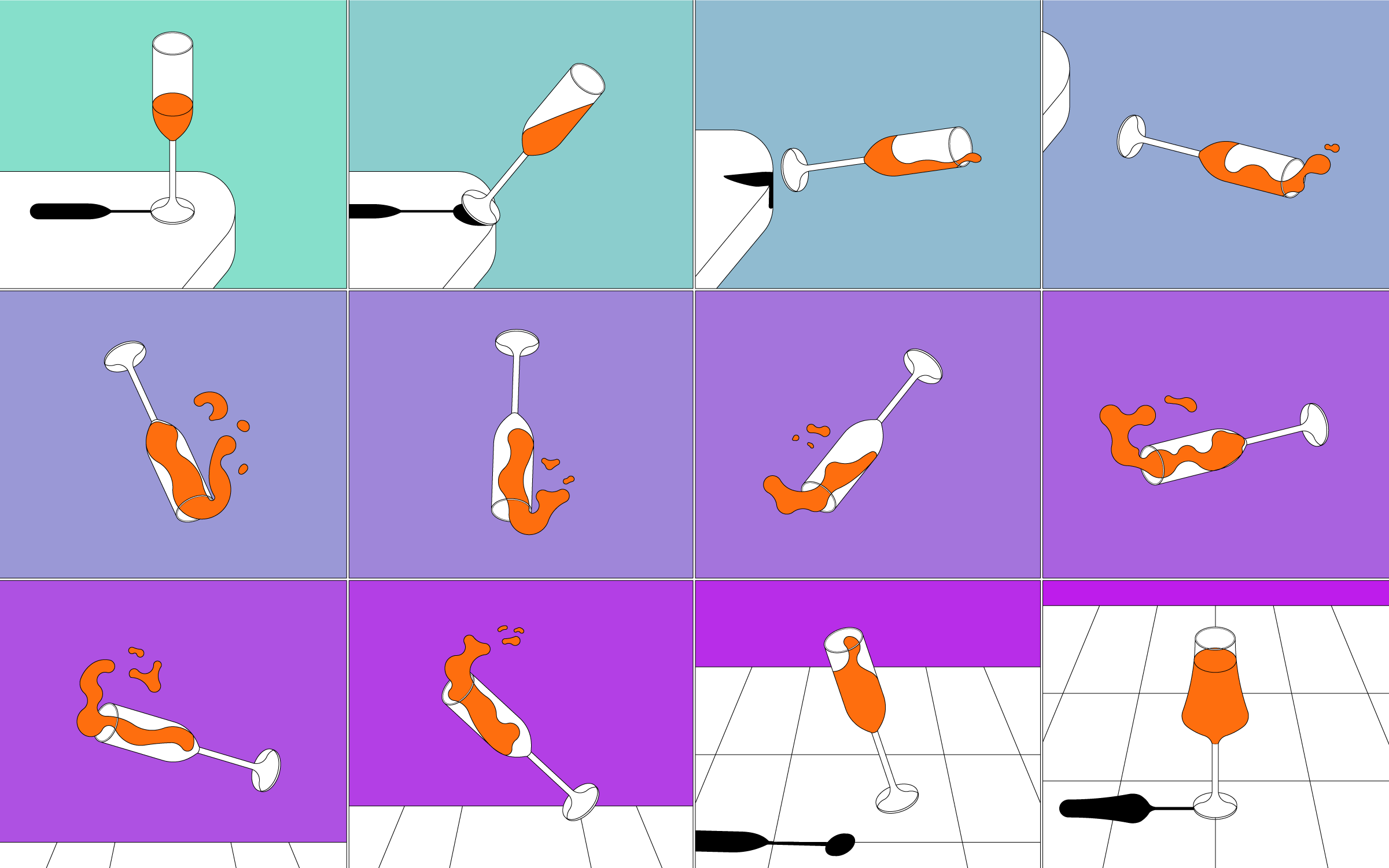I’m a writer -- a writer that can think visually. How did this come about? The fact is I’ve worn many creative hats during my career. I’ve included here a selection of my own editorial illustration work. It shows storytelling and visual thinking.

Can I Have a Life in an Office Where Everyone Stays Late?
By Laura Vanderkam
There are ways to manage your energy and build in personal time, even in the most face-time-obsessed workplaces.
“If you’re junior enough in your field, you probably aren’t locked into your job. Do your research and look for organizations that are more respectful of people’s personal lives. You might even find managers in your own organization who are better than others — people who understand that trading two hours of your life for $20 worth of sushi is not a wise bargain. Use some of your on-the-job downtime to have real conversations and figure out your options.”

The 2-Word Trick That Makes Small Talk Interesting
A simple technique and mindset for engaging in conversation with strangers in unfamiliar settings.
“While listening to my favorite podcasts, I’ve noticed a two-word phrase that hosts often use with their guests to cut past the surface-level chitchat and into the heart of a story: “I’m curious.”.

Three Ways to Fix a Terrible Commute
By Laura Vanderkam
How to stop hating your time spent getting to and from work, according to time management expert Laura Vanderkam.
“You can build your own course from audiobooks and lectures on history or astronomy or politics. Or maybe urban design and transportation — so you can think deep thoughts about why, exactly, you’re stuck in traffic, and maybe come up with some long-term solutions that will save everyone some time.“

“Should I Work Part-Time After My Parental Leave?”
By Laura Vanderkam
It’s an appealing option, but it can easily backfire.
“Now if you know yourself, and know your company, and you know that this strict line won’t happen, then I’d suggest another possibility: Stay full-time, and just work a little differently. When it comes to work-life balance, it turns out that flexibility and autonomy matter more than total work hours. One study found that when people had to be in the office at set times, people could only work 38 hours a week before a high chunk experienced work-life conflict. When people could work at home sometimes and set their own hours, they could work 57 hours a week before the same proportion experienced work-life conflict. By working from home sometimes, and shifting hours to do some work at night after your baby goes to bed, you’ll likely be able to handle the same load while scoring plenty of kid time, too.”

“How to Deal With a Chronically Late Best Friend”
By Laura Vanderkam
You won’t be able to change them, so focus your energy on other solutions.
“Late people are often wildly optimistic. Your friend might not realize that the number of minutes that pass between putting on her shoes and backing her car down the driveway is not zero. She might think it takes five minutes to get to Starbucks, even though it has never taken her less than 15 minutes to make this journey. But who knows, today might be her lucky day! This is why she always has an explanation. Something always happens, and that something is never accounted for in her blue-sky scenario.”

Do You Really Want to Know How Much Your Co-Workers Make?
By Laura Vanderkam
Salary transparency has an emotional dark side.
“When researchers randomly emailed employees at three University of California campuses to alert them that their and their peers’ salaries had been publicly posted online (as a result of a court decision regarding the state’s “right to know” law), they found that the workers who discovered their wages lay above the median felt no more or less satisfied than they already had. But those who fell short of the median felt worse — and quickly started looking for new jobs.”